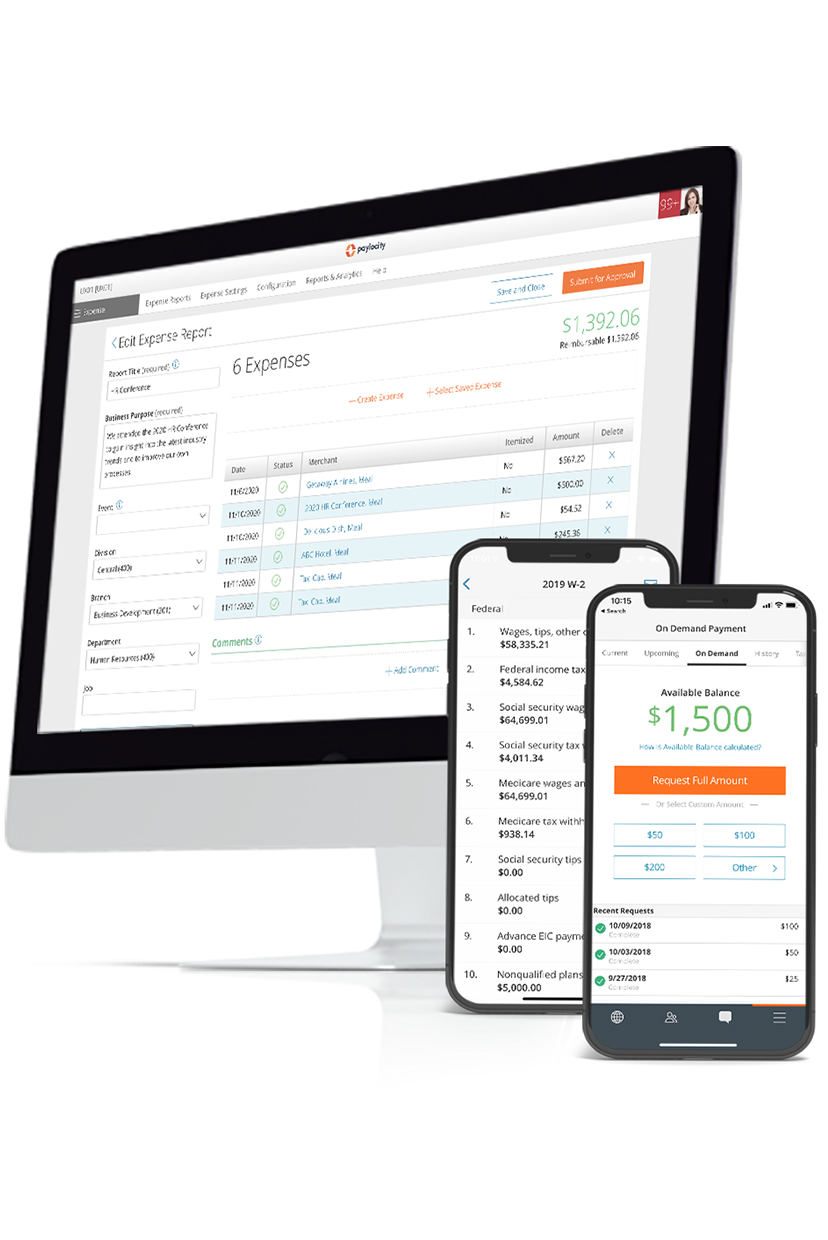What is Global Payroll?
Global payroll is the payment of wages to employees or contractors based in a different country from where your company operates. It encompasses a variety of tasks such as calculating regular paychecks, handling tax obligations, and overseeing schedules for paid leave.
If you plan on hiring abroad, you should have some sort of international payroll system in place. A dedicated global payroll platform helps ensure adherence to various local regulations and simplifies payroll management.
Global Payroll Challenges
Setting up a global payroll program is fraught with complexities, primarily due to each country’s unique legal landscape and culture. If you’re thinking of hiring abroad, be aware of the following:
- Legal and tax complexities: Each country has its own unique tax and employer requirements that you’re obligated to fulfill. You’ll either need to be, or hire, an expert.
- Data protection concerns: There’s a complicated patchwork of data privacy laws to consider, notably GDPR in the EU and Japan's APPI. Staying compliant with these is essential, or else you risk incurring substantial fines.
- International payment management: You’ll probably pay your international employees in their local currency. This involves keeping track of currency conversion rates, budgeting for bank transfer fees, and making sure employees are paid via suitable channels.
- Compensation considerations: Pay equity can be challenging when the cost of living differs widely from country to country. When hiring abroad, you must decide whether to equalize salaries in USD or adjust for local living costs.
- Language and cultural barriers. Depending on where you hire, the language or working culture may be drastically different compared to the U.S. This adds another layer of complexity to paying international employees.
How Does Global Payroll Work?
When it comes to setting up global payroll, the big decision is whether to handle everything in-house or to outsource. Your choice will depend on factors like the size of your business and the resources you have at your disposal.
Let’s explore a few approaches you might consider to help make that decision.
In-House Payroll Operations and Workforce Management
Going the in-house route has its perks and its pitfalls. On the plus side, you keep full control over every part of the payroll process and maintaining strict digital security might be simpler since it's all within your existing systems.
However, the flip side is that you’re on the hook for all the complexities. You’ll need to navigate the different regulatory landscapes and comply with the laws in every country you operate in. This could mean setting up new legal entities in each country, which is no small feat and requires significant time, resources, and effort.
Employer of Record (EOR)
An employer of record (EOR) is a firm that hires staff on behalf of your company and handles all the legalities of payroll, from paying salaries to managing benefits, withholding taxes, and ensuring HR compliance. International EORs are sometimes also referred to as Global Employment Organizations (GEOs).
For your team, the only real change is on paper — someone else is their legal employer. But for your U.S.-based operations, it’s business as usual.
Professional Employer Organization (PEO)
A professional employer organization (PEO) is a company you hire to take care of payroll and other HR tasks, while your company remains the official employer. The PEO functions as the co-employer.
PEOs are popular among smaller businesses because they handle the payroll needs of multiple companies, which often makes it more cost-effective than doing it all yourself. It's a way to leverage economies of scale to reduce costs while still managing the complexities of global payroll.



